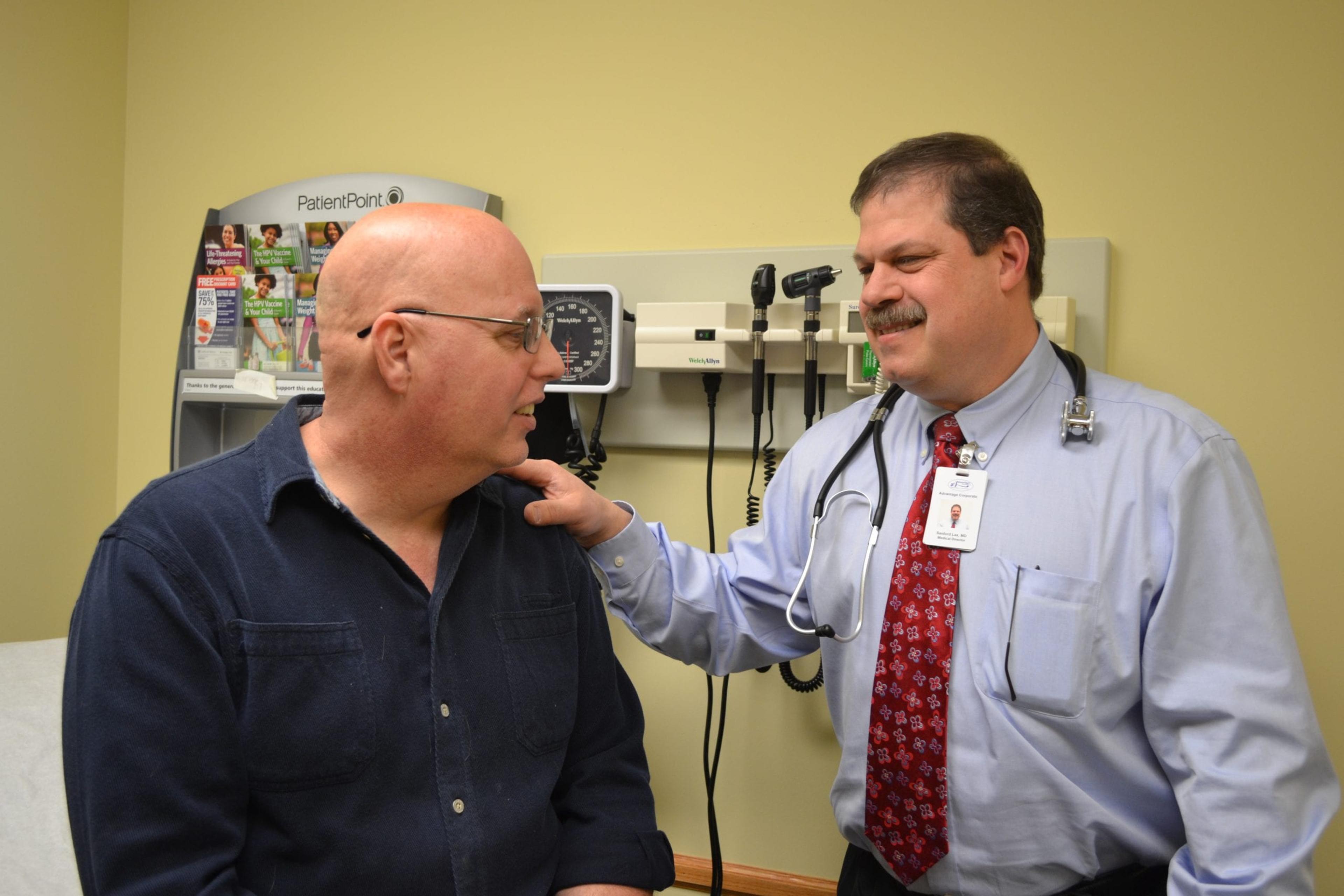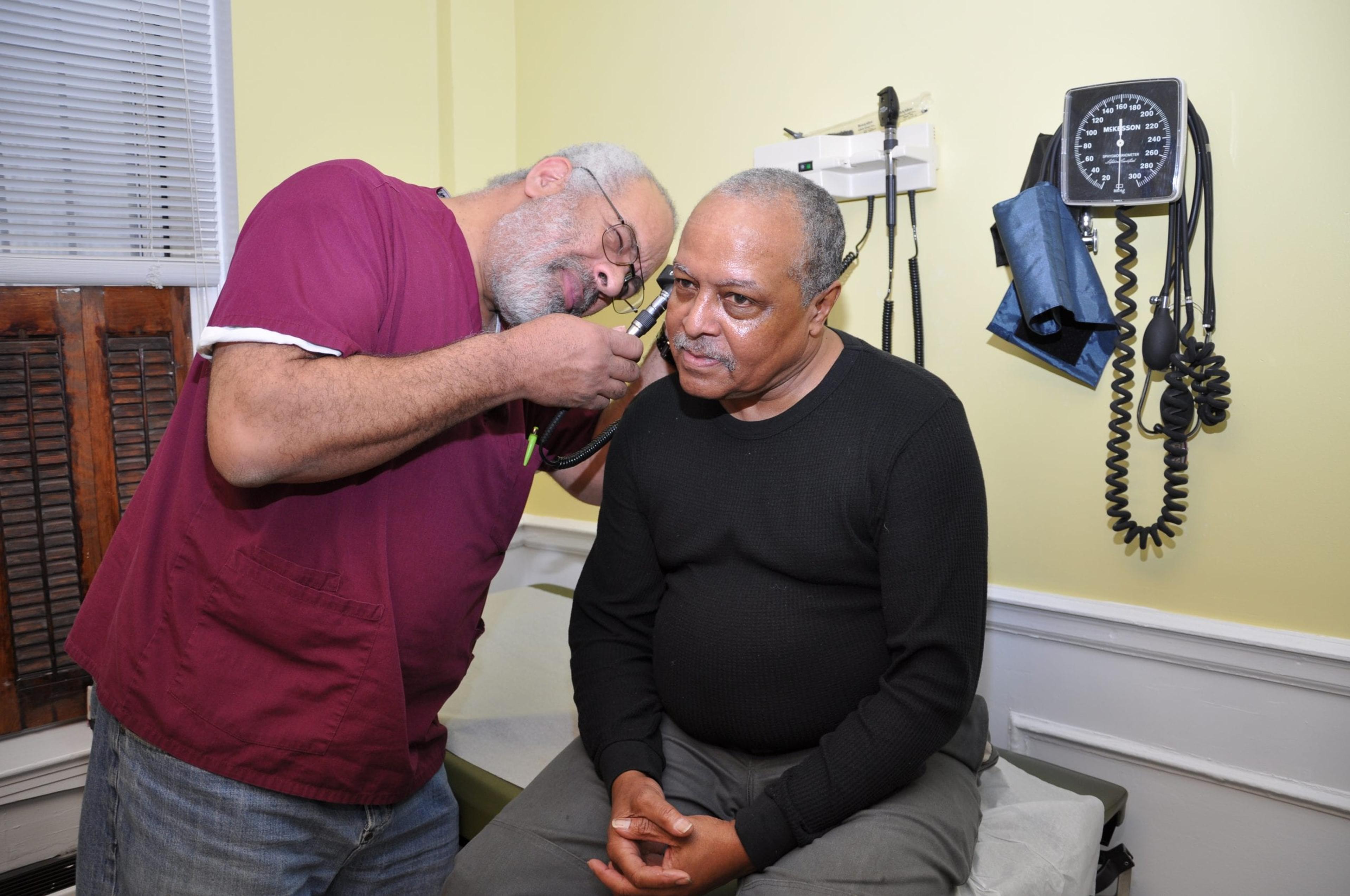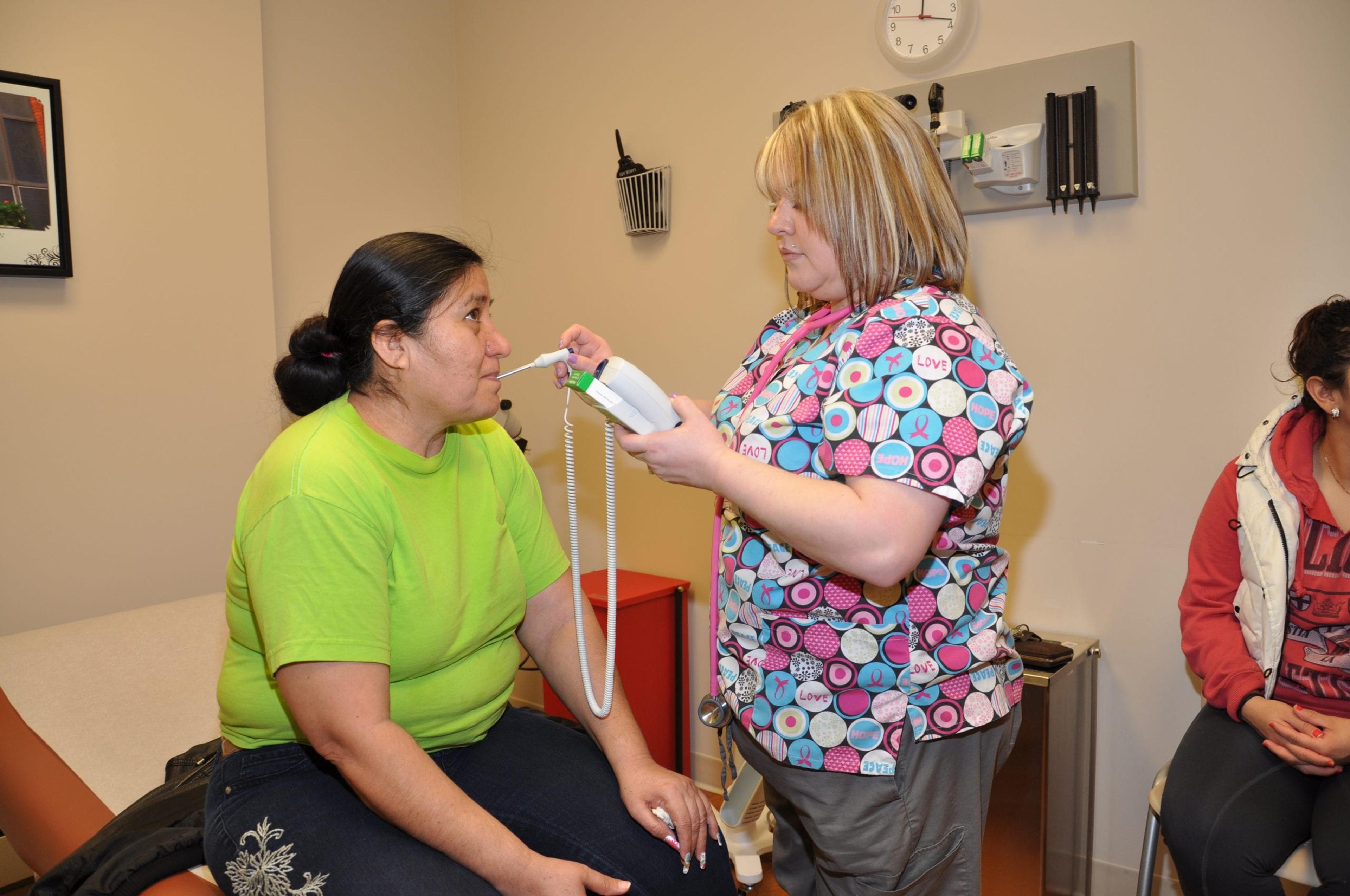
Health centers are an important piece of the health care puzzle, providing a medical home and quality, comprehensive care for people who might not otherwise have access to services. Known as Federally Qualified Health Centers (FQHC), these vital centers receive federal funding to provide comprehensive primary care services to underserved populations. They provide primary care, dental treatment, mental health care and wraparound services in some cases, on a sliding fee scale. FQHCs care for everyone, including patients with no other options. In Michigan, there are 45 FQHCs spread throughout the state.

As a health insurer, Blue Cross Blue Shield of Michigan is committed to improving health for all Michiganders and as part of that mission, we support FQHCs efforts to increase access to needed services in the communities they serve. Since 2013, BCBSM has awarded more than $1.8 million to Michigan FQHCs that have helped them innovate and grow. With a focus on catering to the individual needs of a community, health centers across Michigan have received funds from BCBSM to provide a range of services including integrating behavioral healthcare, improving access to dental care and implementing maternal and infant health care services. Grants have helped establish many successful programs, improving care for thousands of people in vulnerable and low-income communities. A recent $90,000 grant to Cherry Health Center in Grand Rapids helped the center create a maternal and infant health program to service high-risk expectant mothers with mental illness, substance abuse or insufficient prenatal care, and their infants.

“The program developed by Cherry Health will enable hundreds of women and their infants to get the services they need to improve their health,” explained Kim Kratz, senior health care analyst, Blue Cross Blue Shield of Michigan. Another success story was Thunder Bay Community Health Services in Onaway. They were able to use a $67,350 grant to incorporate dental care into their primary care services team. “When someone comes into the doctor, they can easily see the dental hygienist because she is right there screening, providing education, and working with the doctor,” Kratz explained, encouraging people to seek oral health care. This initiative has gone on to be a model for other programs and replicated at several health centers all over the state. The grants to FQHCs build on Strengthening the Safety Net grants to free and low-cost health clinics. Since 2005, more than $14 million in grants have gone to safety net clinics to help care for the uninsured and underinsured. Blue Cross Blue Shield of Michigan is committed to improving the access and quality of care Michigan residents receive. We are grateful to our many partners at FQHCs who continue working to improve health outcomes for Michigan residents. If you enjoyed this post, check these out:






